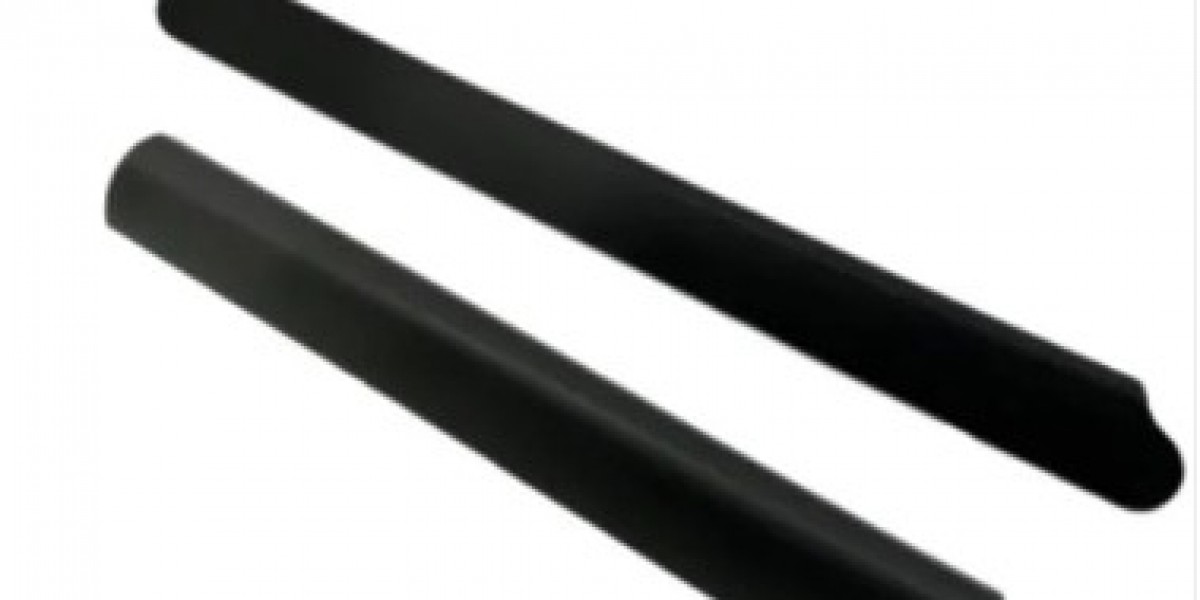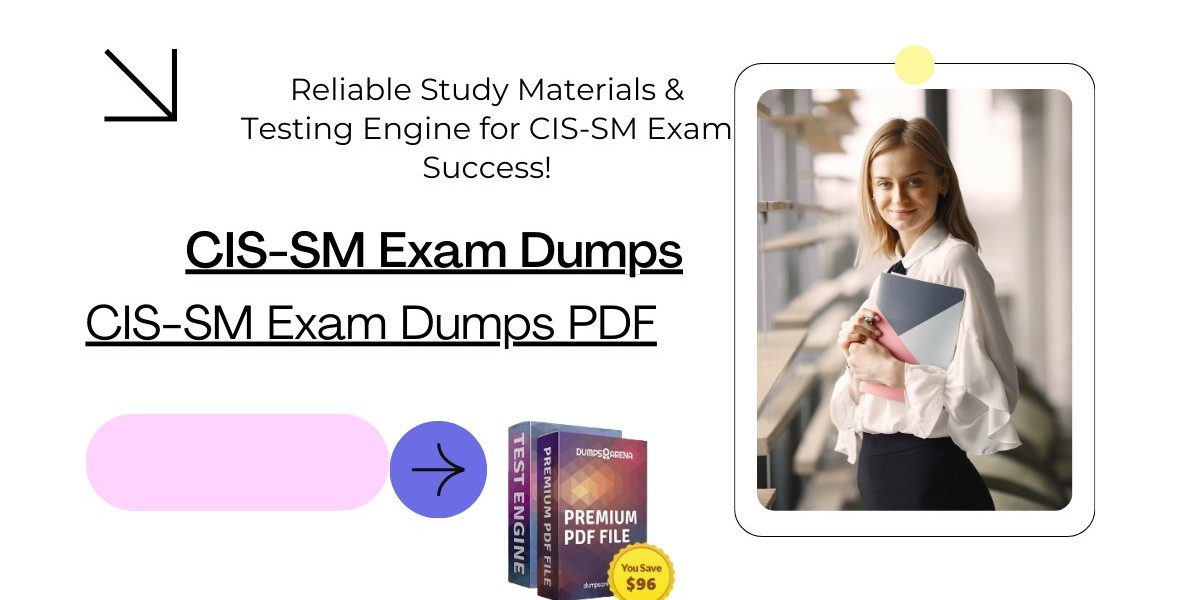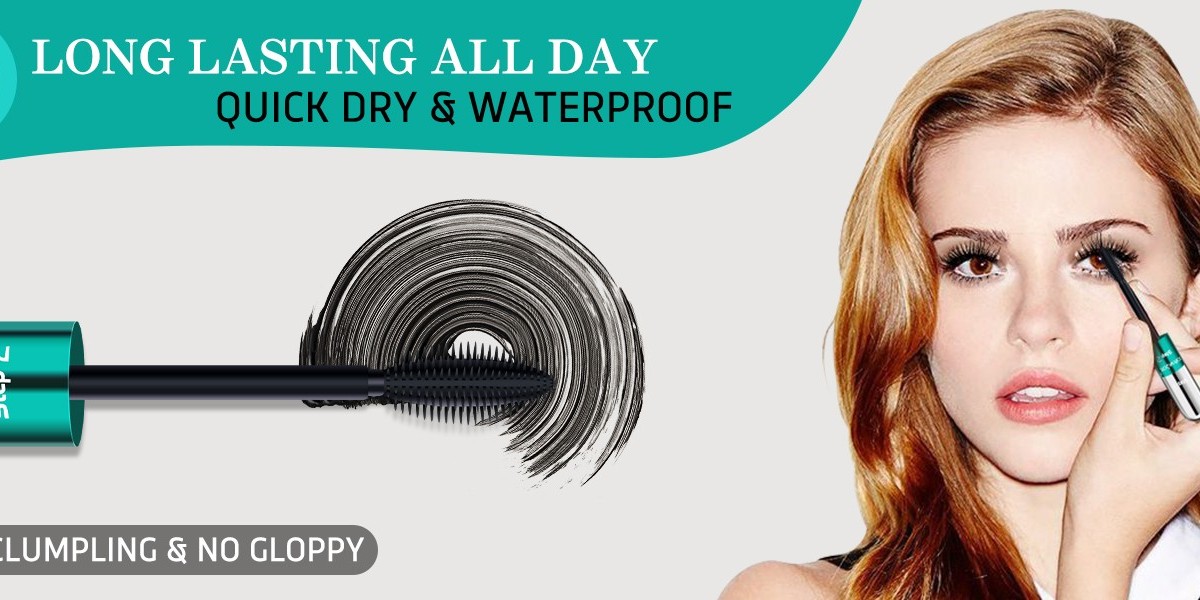PU self-skinning foam sponge is a versatile material that finds applications in various industries. This article aims to provide a comprehensive overview of its properties, manufacturing process, and diverse applications. From automotive to furniture, this foam sponge offers unique advantages that make it a preferred choice for many manufacturers.
Understanding PU Self-Skinning Foam Sponge
Definition and Composition:
PU self-skinning foam sponge, also known as polyurethane self-skinning foam sponge, is a type of foam material that possesses a dense outer skin and a lightweight, flexible inner core. It is composed of a polyurethane matrix, which is formed by the reaction of polyol and isocyanate.
Manufacturing Process:
The manufacturing process of PU self-skinning foam sponge involves several steps. Firstly, the polyol and isocyanate are mixed together to form a liquid mixture. This mixture is then poured into a mold, where it undergoes a chemical reaction, resulting in the formation of foam. The foam expands and fills the mold, creating the desired shape. The outer skin is formed due to the reaction of the foam with the air, creating a dense and durable surface.
Properties of PU Self-Skinning Foam Sponge
Lightweight and Flexible:
One of the key advantages of PU self-skinning foam sponge is its lightweight nature. This makes it ideal for applications where weight reduction is crucial, such as in automotive components. Additionally, its flexibility allows for easy shaping and molding, making it suitable for complex designs.
Excellent Durability:
The dense outer skin of PU self-skinning foam sponge provides excellent durability and resistance to wear and tear. This makes it suitable for applications that require long-lasting performance, such as furniture upholstery or armrests in vehicles.
Thermal and Chemical Resistance:
PU self-skinning foam sponge exhibits good thermal and chemical resistance. It can withstand a wide range of temperatures without losing its structural integrity, making it suitable for both indoor and outdoor applications. Additionally, it is resistant to various chemicals, including oils, solvents, and cleaning agents.
Comfort and Ergonomics:
The soft and cushioning properties of PU self-skinning foam sponge make it highly comfortable for users. It provides excellent support and pressure distribution, making it ideal for seating applications, such as chairs, sofas, and mattresses.
Applications of PU Self-Skinning Foam Sponge
Automotive Industry:
PU self-skinning foam sponge is extensively used in the automotive industry for various applications. It is commonly used for manufacturing car seats, headrests, armrests, and interior trims. Its lightweight nature helps in reducing the overall weight of the vehicle, thereby improving fuel efficiency.
Furniture Industry:
In the furniture industry, PU self-skinning foam sponge is widely used for upholstery purposes. It provides a comfortable seating experience and enhances the aesthetics of furniture pieces. Additionally, its durability ensures that the furniture maintains its shape and appearance for an extended period.
Medical and Healthcare:
The soft and cushioning properties of PU self-skinning foam sponge make it suitable for medical and healthcare applications. It is commonly used for manufacturing orthopedic supports, wheelchair cushions, and hospital bed mattresses. Its ability to distribute pressure evenly helps in preventing pressure sores and provides comfort to patients.
Sports and Recreation:
PU self-skinning foam sponge finds applications in the sports and recreation industry as well. It is used for manufacturing protective gear, such as helmets, knee pads, and elbow pads. Its lightweight and shock-absorbing properties provide excellent protection to athletes and sports enthusiasts.
Conclusion
PU self-skinning foam sponge is a versatile material that offers numerous advantages in terms of lightweight, durability, comfort, and flexibility. Its unique properties make it suitable for a wide range of applications, including automotive, furniture, medical, and sports industries. As technology continues to advance, the demand forPU self-skinning foam spongeis expected to grow, further expanding its applications and possibilities.








